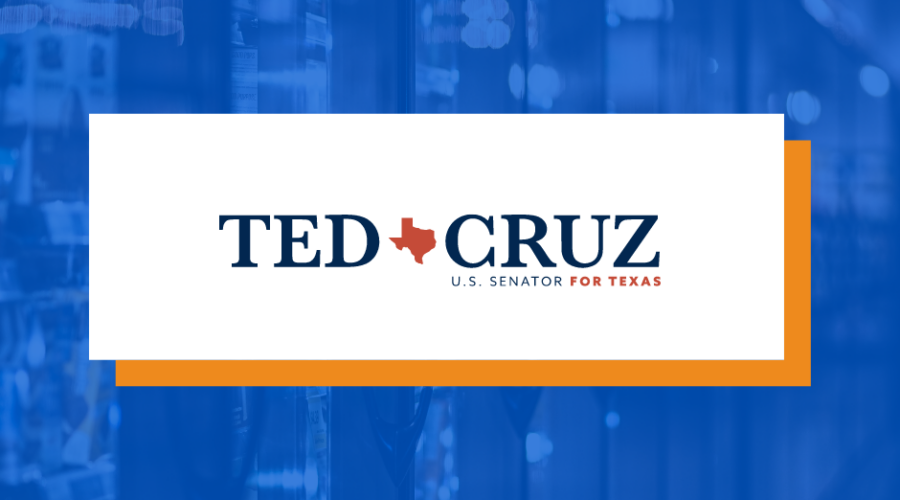If Brendan Carr is reconfirmed to the FCC, how will consumers fare?

On Monday, President Joe Biden re-nominated Brendan Carr to the Federal Communications Commission. For consumer advocates like us at the Consumer Choice Center who work on many issues related to tech innovation and the protection of our rights online, that’s welcome news.
Now, the US Senate must confirm Carr’s nomination. It would be a welcome opportunity to continue efforts and opportunities to both support and defend consumer choice.
Throughout his tenure at the chief telecom regulator, Carr has chiseled out his space as a principled voice and worthy fighter for many consumers issues.
His dedication to the expansion of rural broadband access, smart investment in telecom and Internet infrastructure, and common-sense rules to help facilitate American ingenuity and entrepreneurship stand out as some major achievements.
Whether it was the repeal of Title II classification for Internet Service Providers (net neutrality), the protection of free speech, or his desire to address the influence of the Chinese Communist Party through TikTok and other platforms, Carr has never missed an opportunity to an evidenced-based approach vital to policymaking.
We hope to continue working with Commissioner Carr in his new tenure despite some disagreements on the nuances of specific policies because we believe he is earnest, sincere, and willing to hear arguments and policy cases from all sides of the aisle. There will be many opportunities to ensure policies are in the interest of consumers.
Issues such as online free speech, upholding Section 230, and how best to avoid government interference in content moderation will prove to be pivotal issues in the next term, and it will be of great benefit to a wide spectrum of American consumers to have someone like Brendan Carr at the helm.
If US Senators confirm Carr for another tenure, we look forward to working together for smart policies to benefit consumers around the country.
Here is a clip of our conversation with FCC Commissioner Carr on Consumer Choice Radio:













